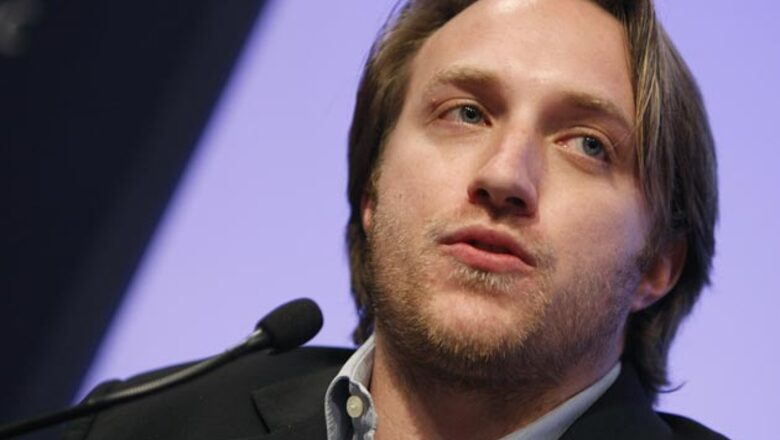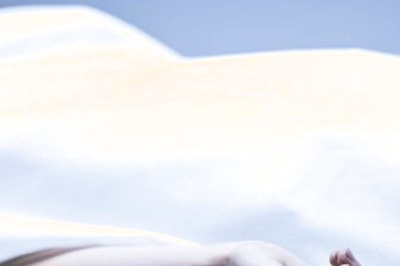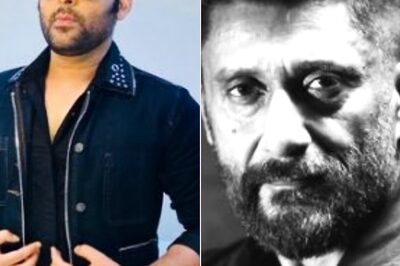
views
San Francisco: YouTube CEO Chad Hurley is surrendering the reins of the popular video website that he started with two buddies as a quirky curiosity and went on to groom into a media magnet that shows more than 2 billion clips a day.
The change in command announced Friday formalises a transition that has been unfolding over the past two years as YouTube's owner, Internet search leader Google Inc., asserted more control over the website.
Google dispatched one of its longtime employees, Salar Kamangar, to help Hurley steer YouTube in 2008. That move signaled Google's resolve to start making more money off its 2006 acquisition of YouTube for $ 1.76 billion. Kamangar's expertise is in online advertising.
Since his arrival at YouTube's San Bruno headquarters, Kamangar had been running the day-to-day operations while Hurley concentrated on keeping the site's steadily growing audience happy.
Kamangar now officially assumes the CEO's role while Hurley, 33, remains available as a part-time adviser.
The transition will give Hurley, a designer, more time to devote to another of his business ideas, the men's clothing line Hlaska. The brand's name is a mash-up of Hawaii and Alaska, signifying its goal of becoming "the 51st state."
Although YouTube has been selling more ads and striking more business partnerships since Kamangar entered the picture, Google hasn't said whether the site is profitable yet. The ads shown on YouTube are part of the roughly $ 625 million in revenue that Google got from so-called display advertising during the three months ending in September. That's less than 10 percent of Google's total revenue of $ 7.3 billion during the period.
Google confirmed Hurley is stepping down after he disclosed his diminished role Thursday night at an event in Ireland.
The company also said it is losing the leader of a more recent acquisition, mobile ad service AdMob. Omar Hamoui, AdMob's founder and CEO, quit for personal reasons, according to Google. His exit comes just five months after Google paid $ 681 million for AdMob as part of is effort to sell more advertising on mobile phones.
YouTube's two other co-founders, Steve Chen and Jawed Karim, had already jumped ship. Karim left just a few months after the trio decided to set up a way to share their videos online. Chen, formerly YouTube's chief technology officer, moved on in 2008.
YouTube's sale to Google enriched all three of the founders, who had met while working at the online payment service PayPal. Hurley raked in the biggest cut: 735,000 shares Google stock. Based on Google's closing price of $ 613.70, those shares would now be worth about $ 450 million.
Some television and movie studios contended YouTube built its early success by looking the other way as video pirates swamped the website with copyrighted clips. Viacom Inc. even went so far as to file a lawsuit that alleged Hurley, Chen and Karim welcomed the pirated clips because they knew the material would help widen YouTube's audience.
Although the lawsuit uncovered some e-mail exchanges that seemed to support some of Viacom's allegations, a federal judge ruled four months ago that YouTube had complied with U.S. laws requiring websites to remove copyright violations after they are reported. Viacom had been seeking more than $ 1 billion in damages in the case.
YouTube now has a more cordial relationship with Hollywood, partly because Google helped develop technology that automatically flags copyrighted videos that have been uploaded to the site without approval.



















Comments
0 comment